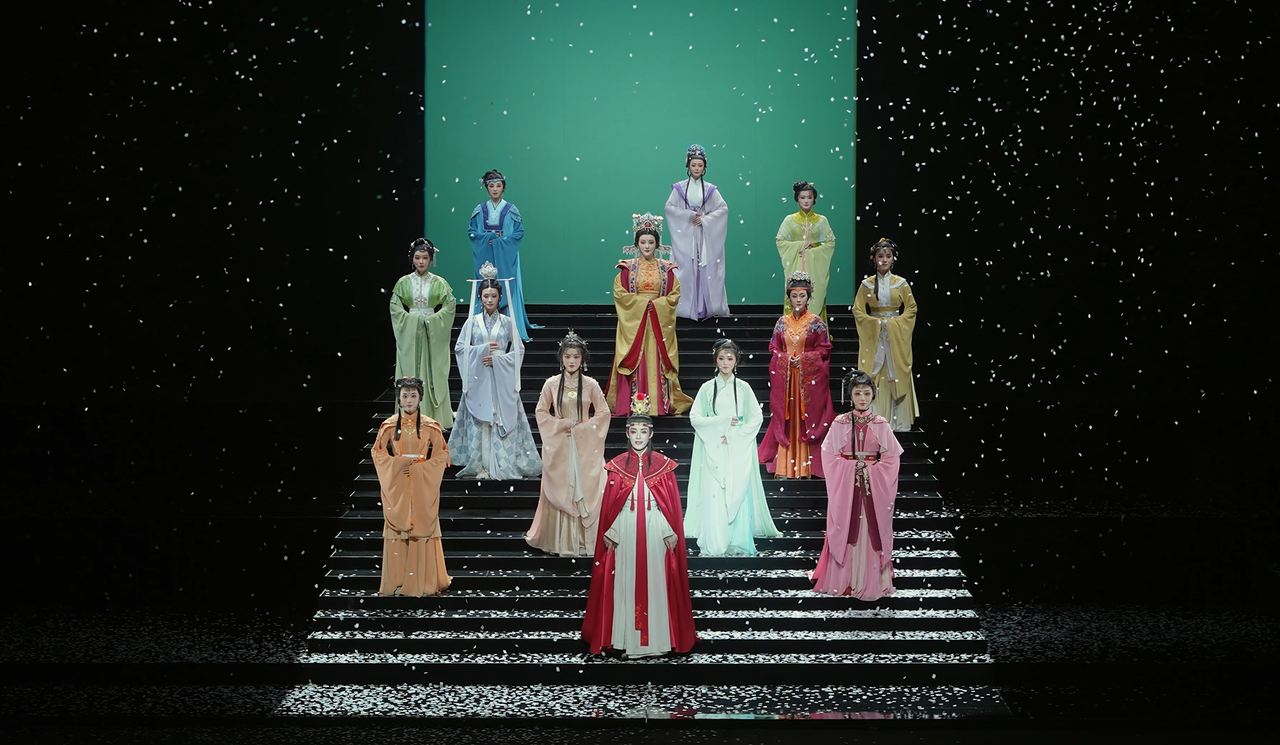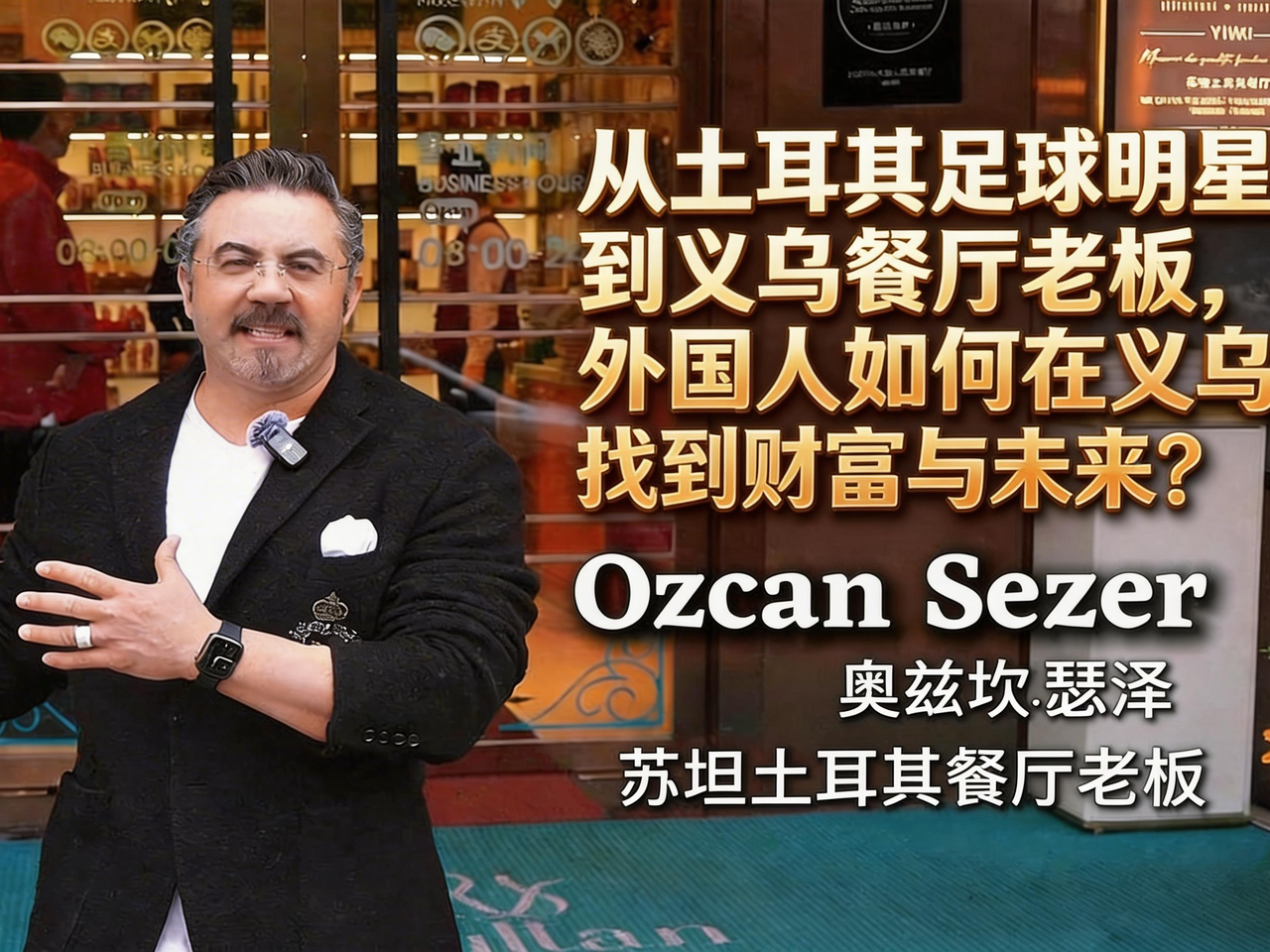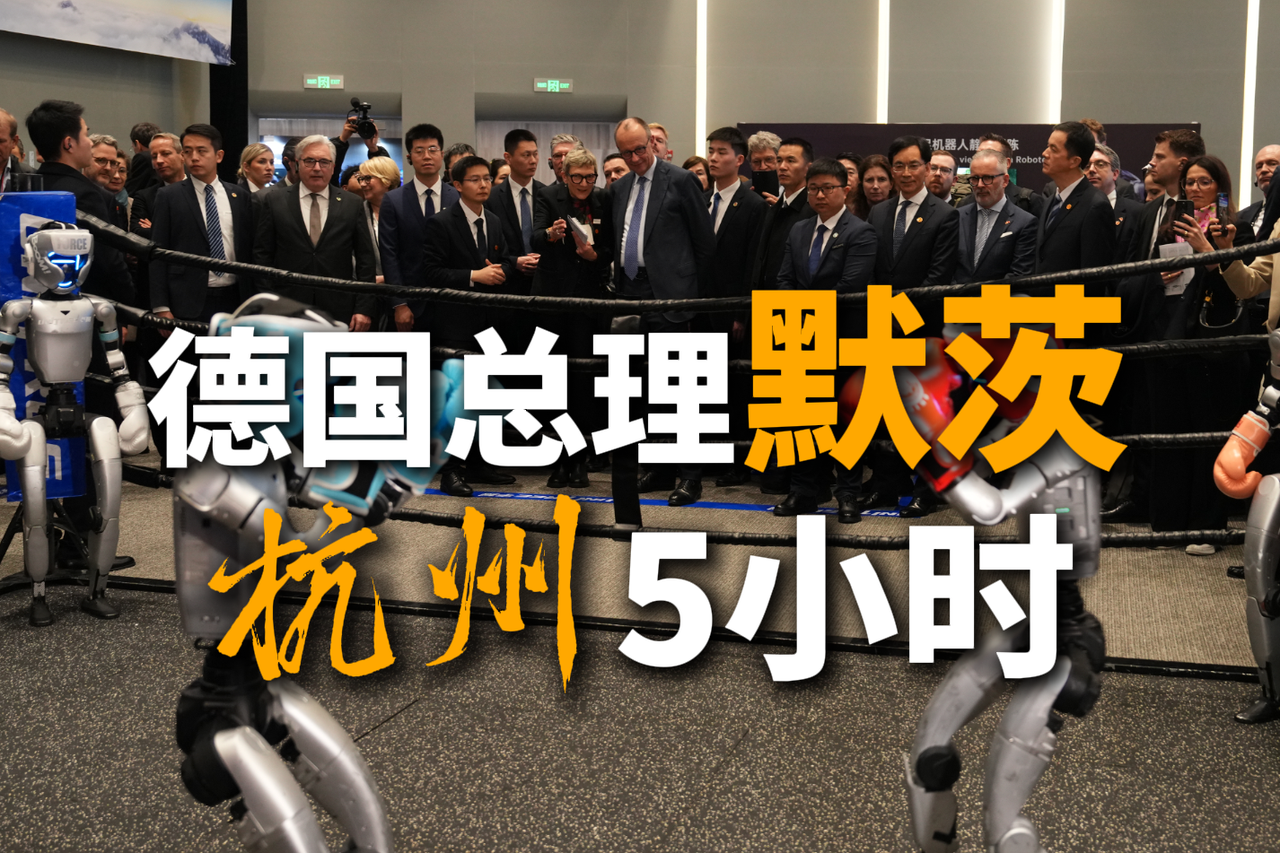How will the world upgrade itself? Many people would ask this question in an increasingly turbulent world. Regional flashpoints, geopolitical conflicts and terrorist attacks continue to flare up. The status quo of the world warns more and more policy makers, culture professionals and other intellectuals of the danger of the current approach to modernity and social development. Can we image a future world in which human beings and the natural world are no longer exploited in the relentless quest for wealth accumulation and colonization in all its forms? The answer to this question is of course, 'yes', but we also need to bear in mind that what we need to focus on and what should we take into serious consideration when it comes to a new scenario of modernization.
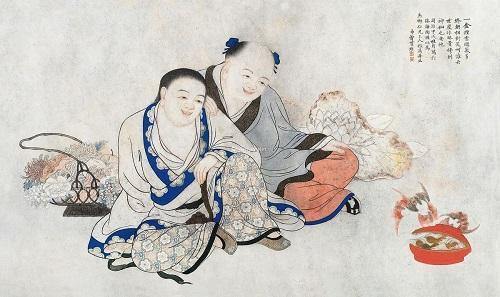
A Chinese painting which shows the spirit of 'Hehe Wenhua'
In this regard, the Chinese philosophy with 'harmony' and 'cooperation' as its core, could provide such a new prospect of harmony and a decolonial view of modernity. '和合文化 (Hehe Wenhua)' or literally 'Hehe culture' is often seen as the core value of Chinese traditional culture and philosophy. A famous introduction of 'Hehe Wenhua' to the world is the book 'Zhi Jiang Xin Yu', written by President Xi Jinping when he was in Zhejiang Province, in which President Xi mentions that the Chinese character '和' refers to 'harmony and peace', and '合' refers to 'convergence, integration, and union'. This kind of conception of harmony and moderation, understanding and tolerance as well as social morality is the essence of the Chinese culture and China’s spirit.
As President Xi has mentioned, harmony has always been and still remains a central concept in China’s spiritual as well as social thoughts. The renaissance of 'Hehe Wenhua' is an attempt at a conciliation between traditional social thought and today’s realities.
'Hehe Wenhua' defines a new paradigm that prioritizes harmony and cooperation. 'Hehe' is the prominent value of Chinese nation, encompassing all schools and religious traditions. Or in other words, 'Hehe Wenhua' expresses the quintessence of the Taoist, Buddhist and Confucian traditions together. 'Hehe' provides such a decolonial view of modernity, that all nations and civilizations can co-exist peacefully and get common prosperity all together. Hehe is also a mode of existence, The 'Hehe' wisdom provides a new interpretation of the existence of human beings when facing differences and diversity. 'Hehe' school recognizes the importance and reality of differences, either in terms of epistemological paradigm or from different social spheres.
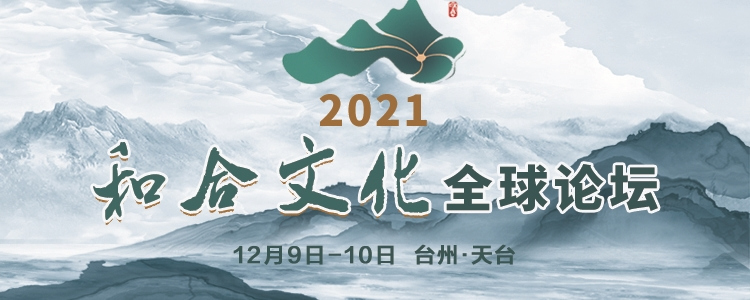
2021 Hehe Culture Global Forum
From December 9 to 10, the Hehe Culture Global Forum will be held in the Tiantai County of Zhejiang’s Taizhou City, which is believed to be the cradle land of China’s 'Hehe' thought. The forum will engage a wide range of intellectuals and experts on 'hehe culture' and initiate a global discussion on the understanding of Chinese culture and its social significance to the world.
Author: Ye Ke
